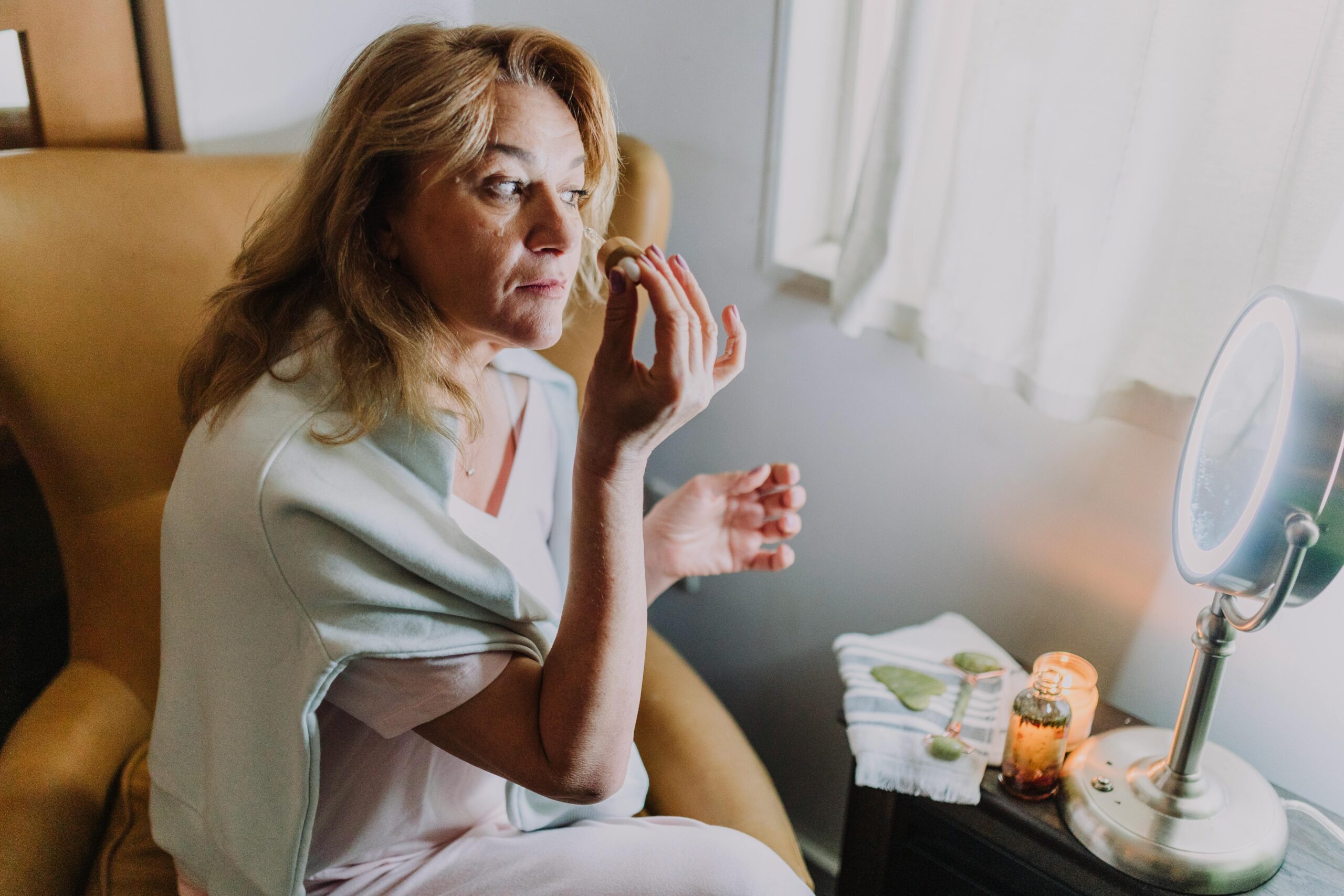
By Sahar Paz, Founder of House of Paz
I used to believe being a “good patient” meant being agreeable.
I dressed in optimism, kept my questions short, and trusted that the system would protect me.
Then I got cancer. And everything changed.
When I was diagnosed with breast cancer, I entered the medical world with the same quiet trust I’d been conditioned to carry—especially as a woman, and especially as a woman of color. But behind the closed doors of exam rooms and consults, I quickly learned that being agreeable doesn’t always keep you safe. Being silent can actually put you at risk.
Over the next four years, I would become many things: a patient, a survivor, a fierce advocate, and most surprisingly—an expert on myself. I had to grow a deeper relationship with my body and intuition—learning to ask my treatment team questions, speak up, and request clarity when something didn’t sit right with me.
The Wake-Up Call
I did everything by the book. Double mastectomy. Chemotherapy. Scan after scan.
And yet, after all that, the cancer came back.

I was scheduled for 15 chemotherapy infusions. Halfway through, I started to feel a familiar sensation—pain, tingling, and heat returning to the right side of my chest. The soft edges of the masses I had named ‘Thelma and Louise’ were beginning to harden again. My intuition spoke up, and this time, I listened. I began tracking the changes using a thin red string, measuring them carefully and documenting with photos. I shared everything with my oncologist.
She listened—and encouraged me to continue with a few more sessions. I did, but I also kept advocating for myself. Eventually, she agreed to order an ultrasound. The results confirmed what I had already known in my bones: the masses were growing again. “You know your body very well,” they told me.
As someone who led communications in healthcare, I learned that genetic drivers vary across ethnicities, influencing how treatments are optimized—and how misaligned protocols can fail. That’s why I chose to donate my left breast (the non-cancerous one) to science: to speak into the data gap I witnessed firsthand.
Without diverse genetic representation, precision medicine often misses key biomarkers for people of different backgrounds. Studies show that standard genomic tests and treatment guidelines, largely built on patients of European ancestry, can misclassify tumors and underestimate risk in women of color—causing suboptimal care and outcomes (agendia.com, cell.com).
Taking My Voice Back
That experience changed everything. I had trusted my intuition, gathered my own data, and ultimately confirmed what my body had been telling me all along. From that point forward, I no longer walked into appointments hoping to be saved—I walked in ready to lead.
I began approaching each interaction differently, interviewing doctors like they were applying to be on my care team—not the other way around. I stopped shrinking under medical jargon. I stopped tolerating dismissiveness or rushed explanations.
I said things like:
“That doesn’t feel right in my body. What other options do I have?”
“Can you explain that in a way I can understand?”
“I need more time before I make that decision.”
These might sound like small shifts, but in a system that often prioritizes efficiency over empathy, they were nothing short of revolutionary. I had to remind myself—over and over again—I am not just a diagnosis. I am a whole human being.
Doctors build treatment plans using a combination of test results, protocols, and patient feedback. When you speak up on behalf of your body, you’re not being difficult—you’re offering one of the most important data points they have. Your voice belongs in the equation.
Wellness Is Speaking Up
I created House of Paz after learning firsthand that wellness isn’t just about protocols and prescriptions—it’s about reclaiming your power. So many of us—especially women—are trained to disconnect from our bodies, ignore our intuition, and defer to authority. But healing begins when you start trusting your inner voice again.
Yes, you can be kind and clear.
Yes, you can question your care without being combative.
Yes, you can change doctors, ask for a second opinion, or say no.
Your voice is your most powerful medicine.
Tools to Reclaim Your Voice in Medical Spaces
📝 Prepare for Appointments
- Write down your top 3 questions.
- Bring a trusted friend or family member to take notes.
🧠 Practice Self-Talk
- Before walking in, say: “I deserve clear answers. I’m allowed to advocate for myself.”
❓Ask for Understanding, Not Just Information
- “What does this mean for me in plain language?”
- “What are the risks and benefits of this approach?”
🛑 Pause the Pressure
- You’re allowed to say: “I need time to process this before moving forward.”
💌 Follow Up in Writing
- If something feels off or unclear, send an email. Your concerns are valid and worth documenting.
I’m no longer afraid to take up space in the exam room.
Because my life depends on it.
And so does yours.
You don’t need a white coat or a medical degree to speak with authority about your body.
You just need one thing: your voice.
And I promise—it’s powerful.


Sahar Paz is a communications executive in healthcare turned fierce patient advocate, breast cancer thriver, and founder of House of Paz—a sanctuary for women healing emotionally, physically, and spiritually after treatment. Drawing on her personal journey and professional expertise, Sahar now helps others reclaim their voice in medical spaces and beyond. Learn more at HouseofPaz.org.
















